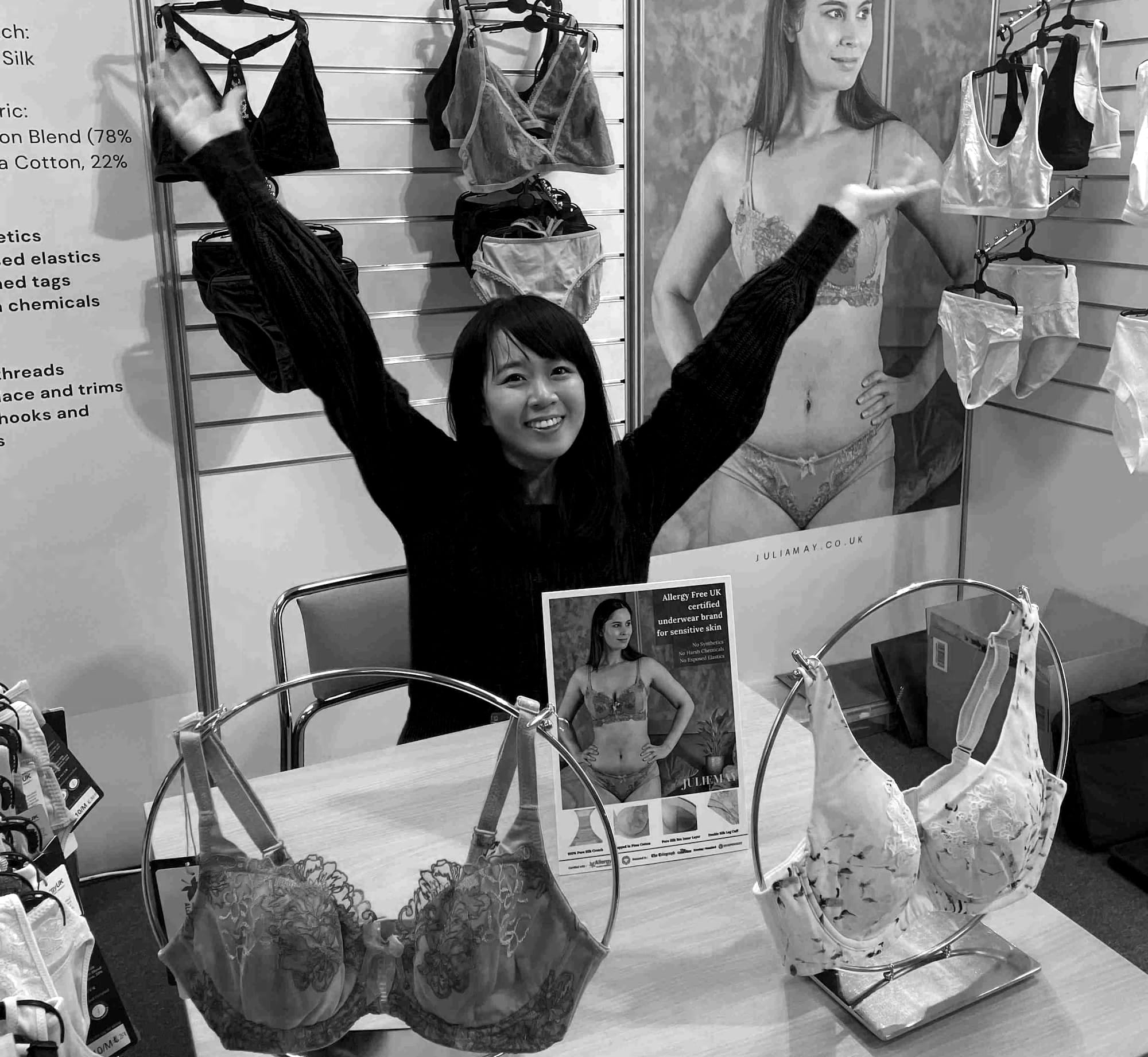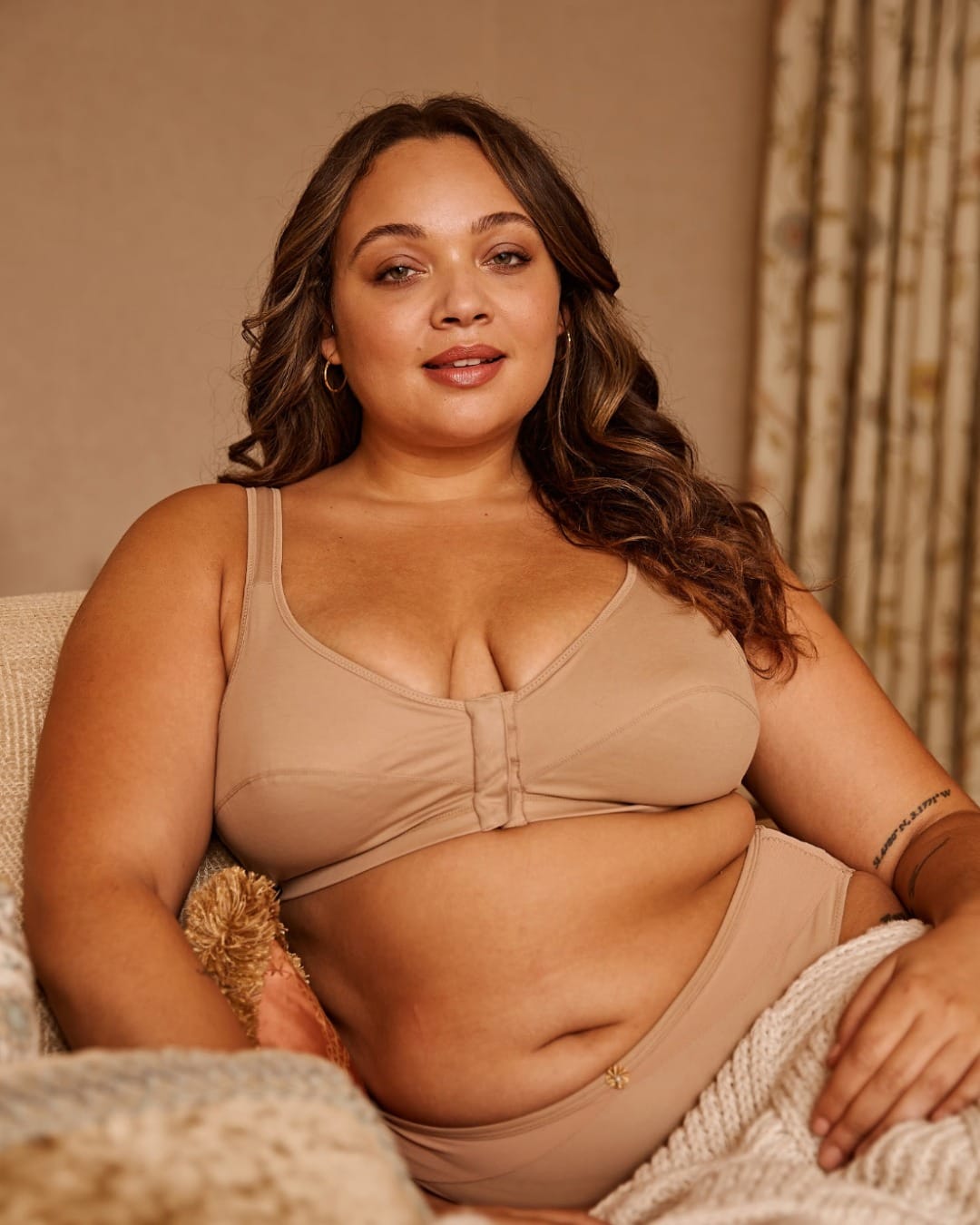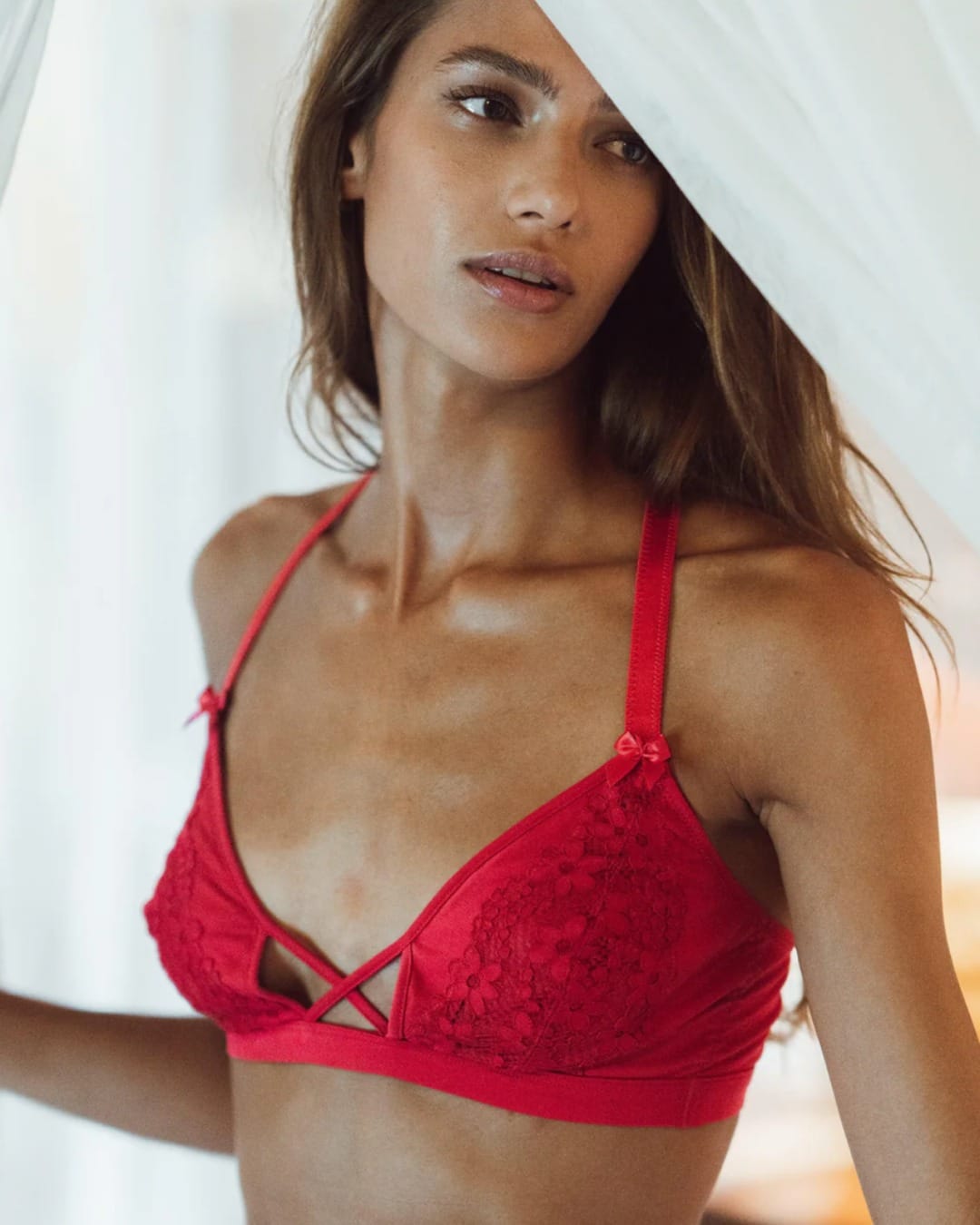In this Spotlight Q&A, we sit down with Tiffany Chiu, the visionary behind JulieMay—an award-winning lingerie brand born from a personal mission to create truly skin-friendly underwear for women.
What began as a daughter’s quest to relieve her mother’s post-partum skin rashes has grown into a multi-award-winning company, featured by the BBC, The Guardian, and The Telegraph.
Today, JulieMay combines GOTS-certified organic Pima cotton and pure silk to deliver allergy-free, dye-free underwear—and a powerful message of inclusivity, sustainability, and community impact.
Tiffany Chiu, Founder of JulieMay

What was the lightbulb moment / origin story of JulieMay?
Tiffany: After my mum developed severe rashes on her breasts post-birth, I went in search of comfortable, allergy-friendly underwear—only to find nothing on the market.
Discovering that 4.6% of UK women live with chronic skin conditions but lack supportive lingerie, I knew we had to fill that gap.
I sourced GOTS-certified organic Pima cotton and pure silk, ensuring each piece is latex-free, harsh-dye-free, and gentle against sensitive skin.
From those first small-batch prototypes, JulieMay has grown into a multi-award-winning brand celebrated by major media outlets.
What is the mission and vision of JulieMay?
Tiffany: JulieMay exists to become the global leader in skin-friendly lingerie. In the next 2–5 years, we plan to expand internationally via B2B partnerships and retail, launch complementary collections (like nightwear), and deepen our in-store and online presence.
In the short term, we’re optimizing our e-commerce platform—reducing returns and abandoned carts with unlimited exchanges—and fostering an inclusive, skin-aware community through events like Menopause Live, where women 50+ model our bras to celebrate body positivity.

How does JulieMay impact lives and/or the environment?
Tiffany:
Our Impact:
We've partnered with universities and organizations to actively support breast health research and skin care awareness.
We work with charities like Future Dreams and Uncommon Threads to help breast cancer survivors and low-income women to build their self-esteem. And we fund projects to promote gender equality and women's rights.
Additionally, in collaboration with groups like the Eczema Society and Allergy Free UK, we're actively spreading awareness about skin health.
Through events and campaigns, we're raising people awareness on healthy skin, especially around sensitive areas like the breasts, during menopause, and post-surgeries. And we build a community around it.
Environmental Impact:
Through collaboration with the Eden Reforestation Project, we're actively planting trees in Nicaragua for every order placed, reducing carbon emissions and supporting biodiversity.
We support the Plastic Bank project to address plastic pollution and provides sustainable income opportunities for communities in different countries.
By recycling bras through the Bra Recyclers Project, we're not only raising funds for breast cancer research but also promoting recycling and reducing waste in landfills.
We will continue our work and we’re committed to putting purpose above profit. Our commitment to inclusivity, sustainability, and innovation sets us apart. And we are looking to create so much more and give back to our communities.

How have you funded the company thus far?
Tiffany: JulieMay has been entirely self-funded through personal savings, award grants, and reinvested profits.
Initial prototyping and fabric runs were covered by my own investment, then supplemented by regional innovation prizes.
As sales grew, we’ve channeled every penny back into product development—expanding size ranges, refining fit, and enhancing our online experience—all without sacrificing equity.
What tools do you use to run JulieMay?
Tiffany: We operate on Shopify for store management, inventory, payments, and customer data, supplemented with apps for dropshipping and affiliate marketing.
Our toolkit also includes Klaviyo for email campaigns, Xero for accounting, Tidio for live support, Asana for project planning, Canva for design, and Google Analytics for website insights—keeping our small team aligned and efficient.








